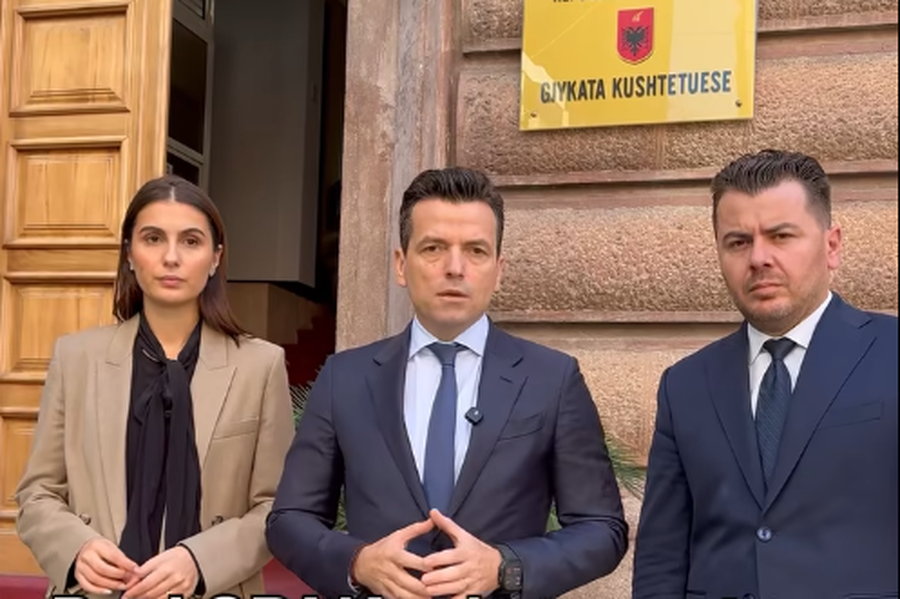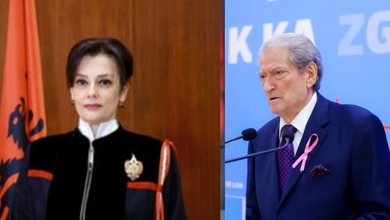
Through a statement before the Constitutional Court, Agron Shehaj accused Prime Minister Edi Rama of using this institution to attack the Special Prosecution Office and protect the corrupt.
"The Rama-SPAK clash reached another level. Rama now used the Constitutional Court as a weapon to attack SPAK and protect the corrupt," Shehaj declared.
But there is a fundamental misunderstanding in this analysis. The Constitutional Court's decision is not automatically an advantage for Rama. On the contrary, it creates a new political burden: a situation where the prime minister must manage the capital with its mayor in prison, a picture that does not go at all in favor of the government in the conditions of a tense public and institutional climate.
Shehaj seems not to have calculated that the Veliaj crisis does not weaken justice, but rather exposes the government even more to responsibility. Rama is not gaining ground — he is simply forced to manage a difficult political situation, while the opposition has not yet managed to turn its weakness into a serious alternative.
In this context, the clash between institutions is not proof of the prime minister's triumph, but a sign of a system that is finally imposing burdens and costs on power. And this is precisely the reality that Shehaj seems to have escaped.























